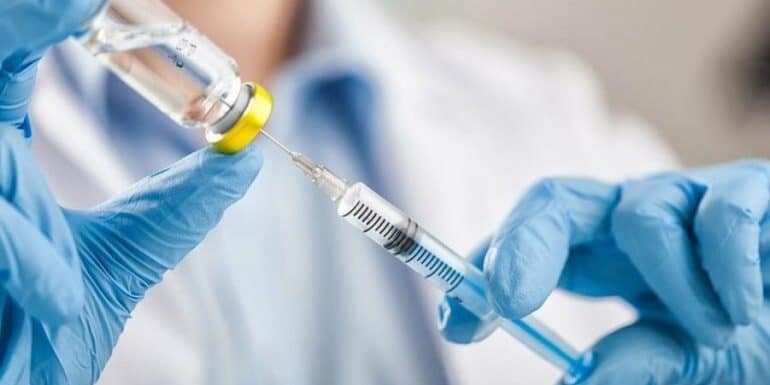Scientists at the La Jolla Institute of Immunology in California, USA, have published the results of the first analysis of whether four different types of vaccines prepare the body's defense against coronavirus. The comparison concerns the levels of both antibodies and cellular immunity, ie T-lymphocytes (CD4 + and CD8 +) and B-cells.
The study, published in the journal Cell Biology, is the first to compare how different vaccine platforms trigger an immune response to the same pathogen. These platforms are the two major mRNA vaccines (Pfizer / BioNTech and Moderna), a recombinant protein vaccine (Novavax) and a viral vector (Johnson & Johnson).
The main findings are as follows:
- Antibodies: Six months after vaccination, those taking Moderna had the highest levels of neutralizing antibodies, followed by those taking Pfizer and Novavax, while the single-dose J&J led to the lowest levels.
- B Cells: Those who did J&J had the highest percentage of these memory cells after six months.
- CD4 + T cells: All vaccinated had a similar percentage of such cells against coronavirus.
CD8 + T lymphocytes: The Novavax vaccine led to lower levels of these "killer" cells, while higher levels were given by Pfizer, Moderna and J&J, respectively. In general, however, only 60% to 70% of those vaccinated had such cells after six months.
The new study, according to the researchers, confirms that most people maintain an immune response to the coronavirus after six months, regardless of the type of vaccine they have received. Even if it does not protect against simple infection, it helps reduce the risk of severe Covid-19.
"Even if it is difficult to maintain a high level of antibodies in the long run, the presence of a stable cellular immunity indicates that the immune system can reactivate very quickly, within a few days, if there is an infection," said the lead researcher, professor. Alessandro Set.
Source: RES-EAP
